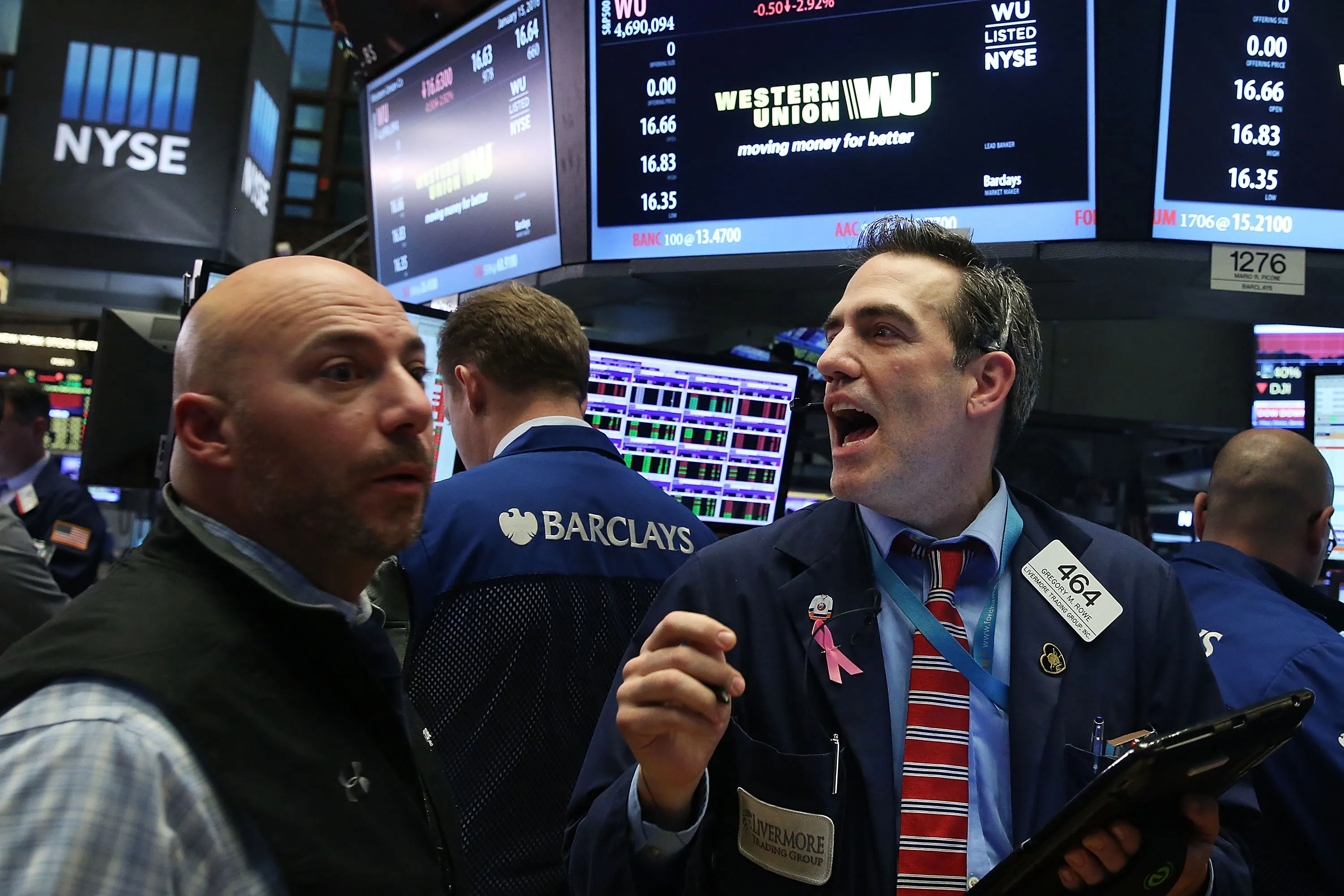A major question now before the US Supreme Court whether most of former President Donald Trump’s tariffs were imposed illegally has quietly sparked one of Wall Street’s most intriguing new trades. Investors are snapping up the rights to tariff-refund claims from importers who paid duties under Trump’s policy, betting that the court might strike down the levies and ultimately force the government to return billions.
Since the administration rolled out its tariff strategy earlier this year, US companies have shelled out more than $100 billion in import taxes. But judges across several courts have signaled doubts about whether Trump had the legal authority to use the 1977 International Economic Emergency Powers Act (IEEPA) to justify such broad, sweeping tariffs.
Now, a growing pool of investors is wagering that the high court won’t just invalidate the tariffs it might also clear a path for importers to get their money back. That potential outcome has created an unconventional opportunity on Wall Street: financial firms offering to reimburse importers upfront for a portion of their tariff payments, in exchange for the right to claim the full refund if the government is ordered to repay it.
For many importers, especially small and midsize companies that are feeling the pinch of elevated costs, taking a partial payment right away is more attractive than waiting years for a possible full refund. For investors, the play is straightforward: take the risk now in hopes of later collecting the remainder. Early trading activity shows that most firms aren’t banking on massive windfalls, but they do see meaningful upside.
Here’s how a legal showdown turned into an unlikely investment strategy.
What is the tariff case the Supreme Court is reviewing?
Trump’s global tariff program forced companies to pay steep taxes on goods brought into the US. The Supreme Court is now examining the legality of the “reciprocal tariffs,” which are tied to products’ country of origin, along with separate duties imposed under the administration’s anti-fentanyl rationale. Other tariffs—such as those on steel, aluminum, and autos were enacted under different laws and are not affected by this case.
If the court rules that Trump overstepped his authority under IEEPA, the government could owe companies a major portion of the roughly $195 billion collected from these tariffs. That possibility has encouraged investors to purchase refund claims from importers, many of whom need quick liquidity. If the bets pay off, the payouts could be enormous.
How exactly do tariff-refund trades work?
Investors either partner with brokers or reach out directly to importers, offering immediate cash for their potential reimbursement claims. Importers legally own the rights to any refund, but with no guarantee that money will ever be paid, some choose to accept a discounted offer today instead of hoping for a full payment later.
For investors, the trade is inexpensive and the potential returns are significant. These claims typically sell at 10 to 25 cents on the dollar. For example, an investor might pay $20 million for the right to a $100 million reimbursement claim. If the government later pays out the full amount, the investor stands to collect $100 million netting an $80 million profit.
Who’s participating in this niche trade?
The strategy primarily attracts funds that specialize in complex, slow-moving financial situations firms that don’t mind tying up capital while legal battles play out. These include special-situations hedge funds and credit investors such as King Street Capital Management, Anchorage Capital Advisors, and Fulcrum Capital Holdings.
These funds typically target opportunities linked to government policy, where returns hinge more on legal outcomes than on broader market direction. Many bring legal and regulatory expertise to assess their odds of success.
Major Wall Street institutions have also stepped in, playing more of a middleman role. Firms such as Oppenheimer & Co., Jefferies Financial Group, and Seaport Global help connect importers with interested investors and advise on deal structure and pricing.
How would payouts work if the refunds are approved?
Should the government be required to return tariff revenues collected under IEEPA, importers would forward the refund to whichever investment firm bought their claim. In aggregate, the payouts could climb into the billions.
But even in the most optimistic scenario, the process would be slow and complicated. US Customs and Border Protection only refunds the importer of record not necessarily the end customer who received the goods. Every shipment would require extensive documentation, creating a lengthy administrative process.
There is also the very real possibility that refunds never materialize. Even if the Supreme Court invalidates the tariffs, it may not explicitly order retroactive repayment. The justices could leave that question to lower courts or restrict refunds to the handful of companies that filed the original lawsuit.
What if the Supreme Court sides with the Trump administration?
Should the court uphold Trump’s use of IEEPA, importers will lose any chance of reimbursement, rendering their claims worthless. But companies that sold their rights to investment firms will keep the upfront payment they already received, while the investors absorb the loss.
A resolution may not be far off. The Supreme Court has fast-tracked the case, raising the likelihood of a ruling before year-end.

Subscribe to our newsletter!
As a leading independent research provider, TradeAlgo keeps you connected from anywhere.








